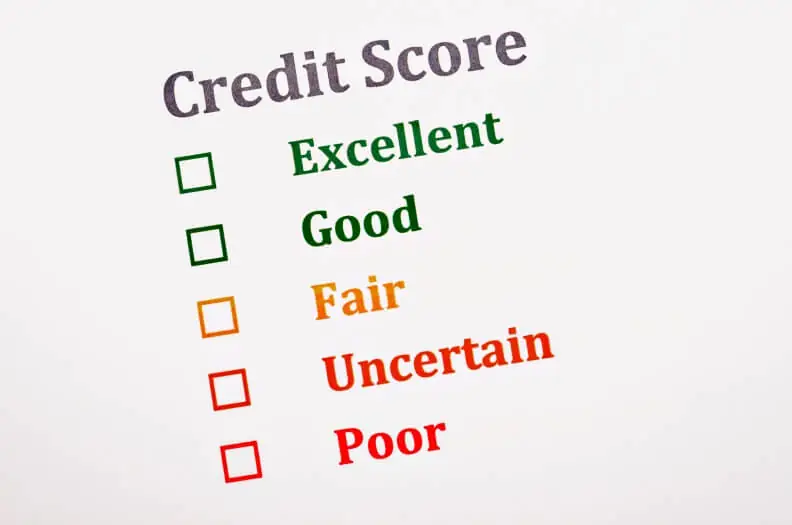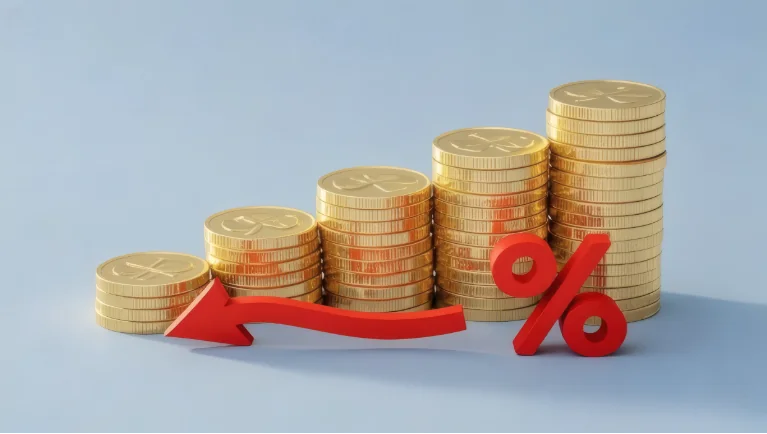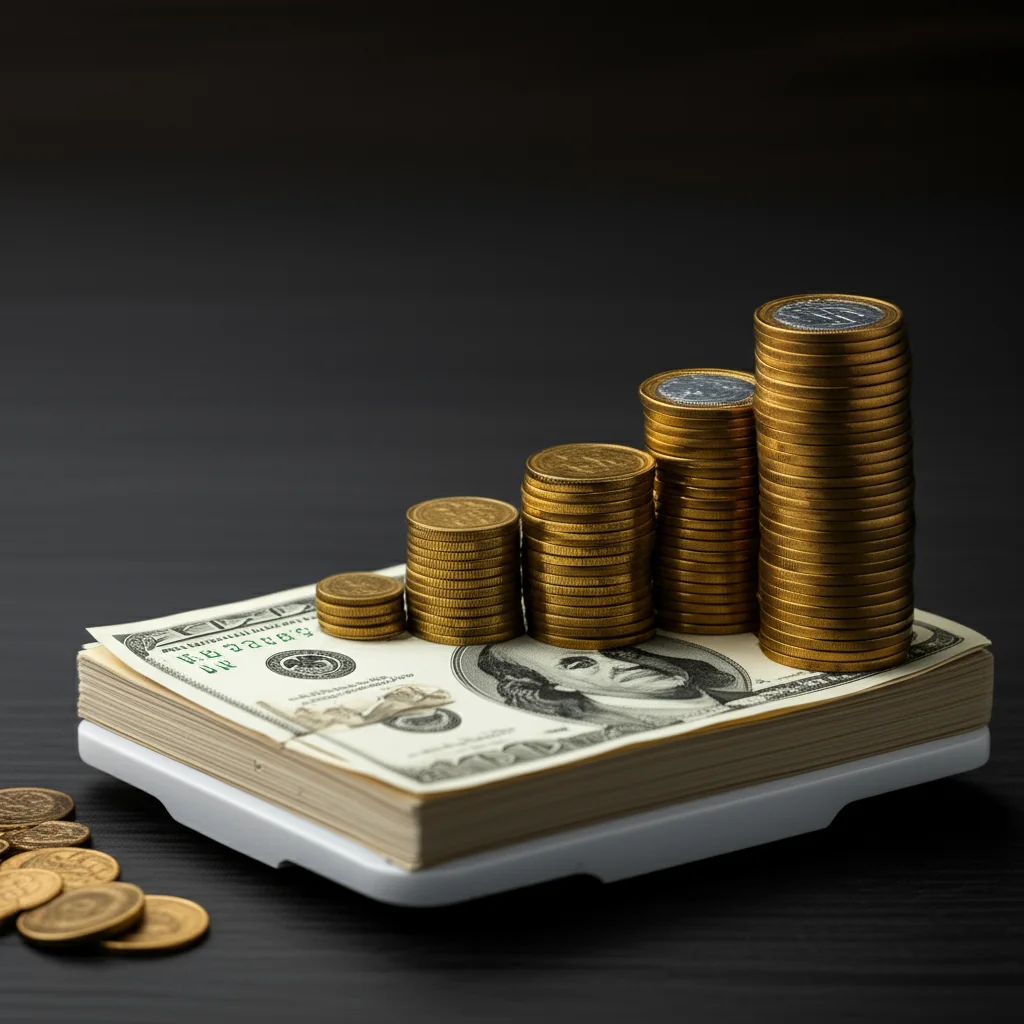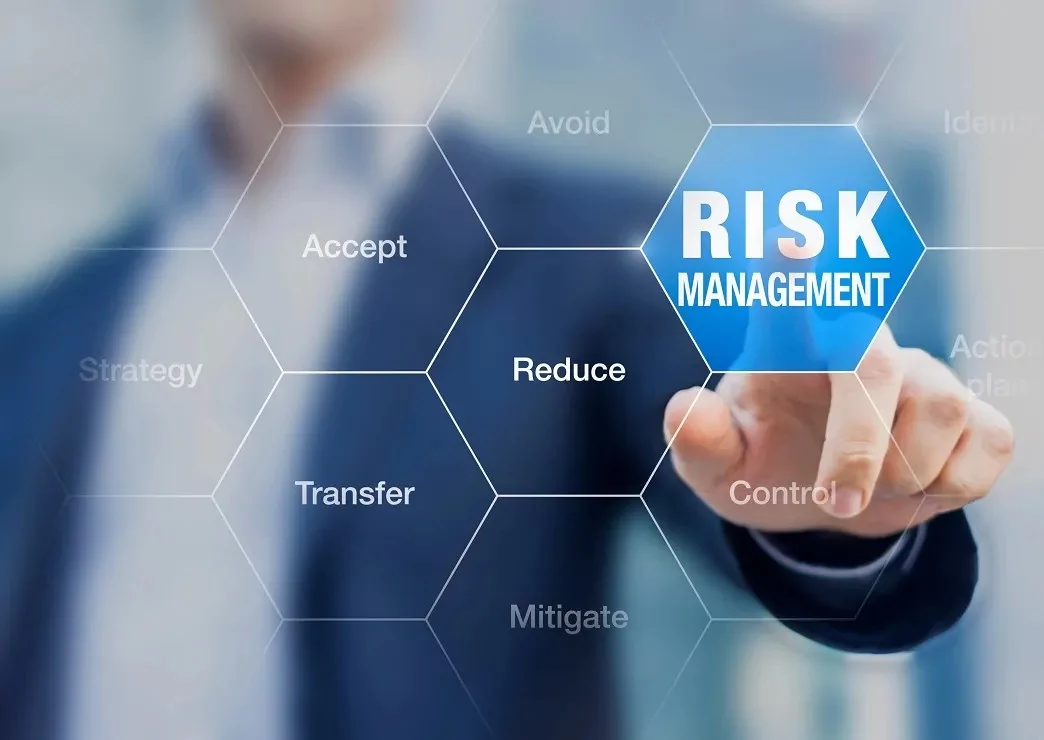If you’ve never borrowed money or used credit before, building a credit score from scratch might seem like a big job. But building a good credit history is an important step toward being financially free. If you want to buy a house, lease a car, or just feel better knowing that your credit is good, learning how to build your credit score slowly and carefully can help you get there.
A credit score is basically a number that shows how good you are at paying your bills. This three-digit number is used by lenders, landlords, and even some employers to see how well you handle debt and payments. The problem for someone starting over is that you can’t get a credit score without a credit history. The scoring agencies can’t judge you if they don’t have records of your borrowing and repayment. That’s why the first steps to building credit are to create a history that shows you are responsible with money.
Getting a credit product made for beginners is one of the best ways to start building credit. For instance, secured credit cards are a common way for people with no credit history to get credit. A secured card is different from a regular credit card in that you have to put down cash as collateral, which is usually equal to your credit limit. This deposit lowers the lender’s risk, which makes it easier for people who don’t have credit histories to get approved. Using this card for small, easy-to-manage purchases and paying off the balance in full every month not only keeps you from paying interest, but it also shows credit bureaus that you can handle credit responsibly.
Becoming an authorized user on someone else’s credit card account is another helpful way to go about it. A trusted family member or close friend with good credit is often this person. Adding them as an authorized user can help your score because their good payment history will show up on your credit report. But you need to think about this strategy carefully and trust the primary user, because any missed payments or high balances on their account could hurt your credit as well.
You need to remember that building credit is a long-term process, not a quick one. At first, you might want to use as much of your available credit as you can to show that you’re active, but high credit utilization can hurt your score. In general, keeping your credit limit low—spending only a small portion of it—shows that you are financially responsible. It’s even more important to always pay on time. The most important thing that credit scoring models look at is your payment history. So, even one late payment can slow down your progress.
Some banks and other financial services now offer ways to build credit without using credit cards or other types of borrowing. For example, some apps send credit bureaus information about regular payments, such as rent, utilities, or even phone bills. These don’t completely replace the need for credit accounts, but they can help your credit report and show that you are trustworthy.
Building your credit takes time and careful planning. Your score may start out low or change as you build your credit history. You can keep an eye on your progress and find mistakes early by checking your credit reports on a regular basis. Many credit bureaus give out free reports once a year, and being careful can keep mistakes from ruining your hard work.
For example, think of someone named Sarah who had never used credit before and wanted to improve her score. She got a secured credit card, put a small amount of money on it, and only used it for a few small purchases each month, like groceries and gas. She always paid off the balance in full. After six months, Sarah let her younger sister use her card as an authorized user. This helped her sister build credit as well. Sarah’s responsible use of credit, along with reports of her rent payments through a credit-reporting service, steadily raised her credit score over the course of a year. She was able to get an unsecured credit card with better terms because of this, which helped her credit profile even more. This example shows how using more than one strategy can help you build credit.
Also, it’s important to remember that building credit opens up more than just borrowing. If you have a good credit score, you may be able to get lower interest rates, better insurance rates, and even better rental agreements. In today’s world of money, your credit score is often a stand-in for your financial reputation, and taking care of it early pays off in the long run.
In the end, the goal of building a credit score from scratch is to show the financial system that you can be trusted. You make a record that speaks for itself by responsibly managing credit products, keeping balances low, making payments on time, and using other ways to report. This process takes time and discipline, but anyone can build a strong credit base that helps them reach their bigger financial goals if they work at it consistently.
In the end, starting out with no credit may seem scary, but with careful planning and smart decisions, it is possible to reach this goal. No matter if you get a secured credit card, become an authorized user, or report non-traditional payments, the most important thing is to always act responsibly. These actions build up your credit history and trust over time, which leads to a better credit score and more financial freedom and opportunities.






